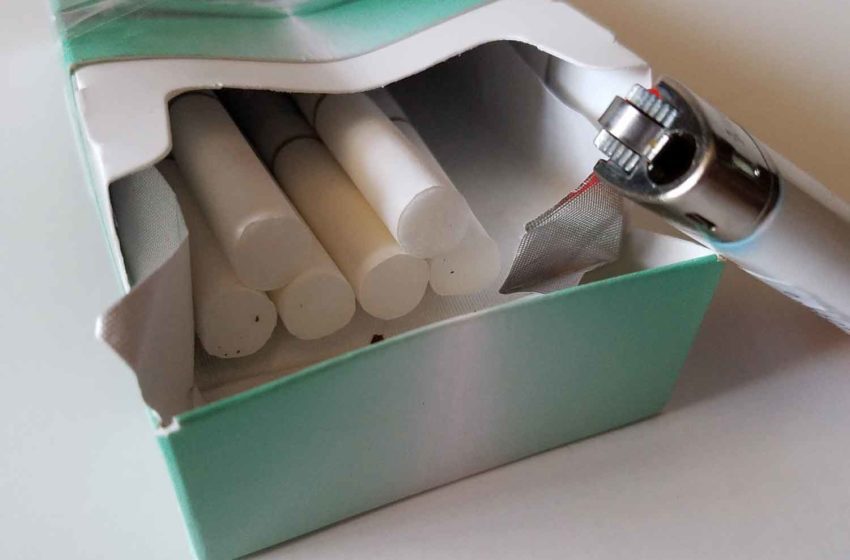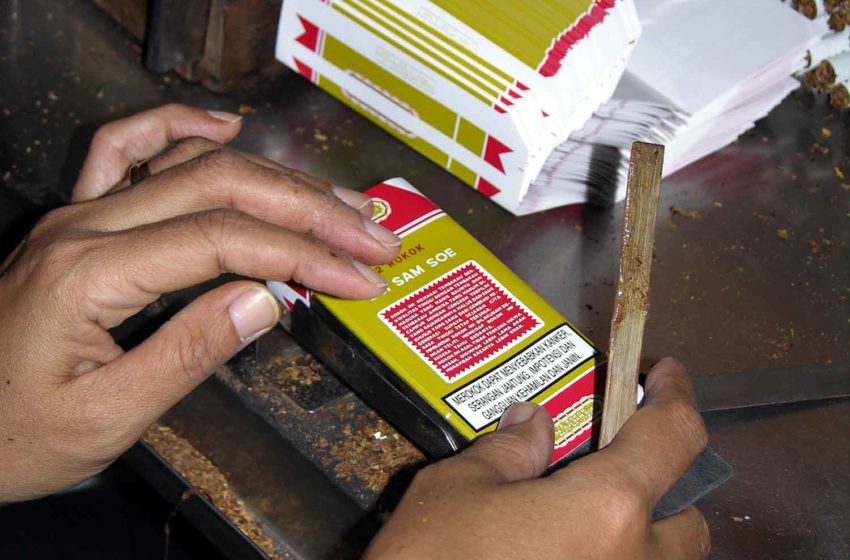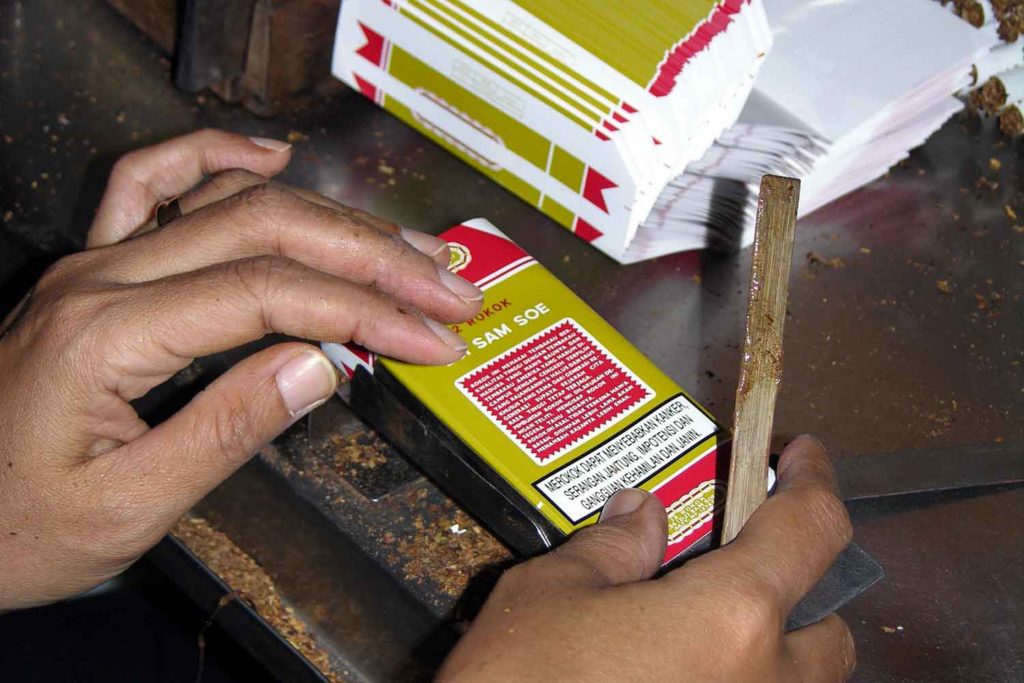
The Biden administration has again delayed its decision on whether to ban menthol cigarettes in the United States.
“This rule has garnered historic attention, and the public comment period has yielded an immense amount of feedback, including from various elements of the civil rights and criminal justice movement,” said Secretary of Health and Human Services Xavier Becerra in a statement. “It’s clear that there are still more conversations to have, and that will take significantly more time.”
Government officials declined to provide a new target date for the measure, saying they needed more time to hear from outside groups, especially civil rights activists.
Menthols account for more than a third of all cigarettes sold in the U.S. each year and are predominantly used by Black and Latino smokers.
According to The Wall Street Journal, lawmakers have been weighing the potential public health benefits of banning minty smokes against the political risk of angering Black voters in an election year.
A November poll commissioned by Altria Group found that 54 percent of “core” Biden voters—defined as minority voters or non-conservative white voters under age 45—oppose the proposed ban.
Anti-tobacco groups were aghast by the latest delay. “It is unacceptable and deeply harmful to public health that the Biden administration today has once again delayed issuing the final rule to prohibit menthol cigarettes,” said Yolonda C. Richardson, president and CEO of the Campaign for Tobacco-Free Kids, in a statement. “This decision prioritizes politics over lives, especially Black lives.”
The FDA formally proposed the ban in April 2022, saying there were 18.5 million smokers who preferred menthol brands in the United States.
Anti-smoking activists say the cooling sensation of the menthol flavor makes it easier to start smoking and harder to quit. The FDA estimates that the menthol ban could reduce smoking by 15 percent in 40 years. Studies project that as many as 650,000 smoking-related deaths could be avoided.
Researchers looking at similar moves in other nations estimated that a ban could result in nearly a quarter of smokers quitting, with the rest moving to nonmenthol cigarettes or managing to keep smoking menthols.
In recent months, dozens of groups have met with administration officials to discuss the proposal. Among other concerns, opponents of the measure cite job losses and aggressive police targeting of Black smokers. An estimated 85 percent of U.S. Black smokers prefer menthol brands, according to market data. The FDA insists that enforcement would be against manufacturers rather than consumers.
Critics, however, contend that tobacco companies are financing and fueling those fears. Richardson said she was disturbed to see the administration “parrot the false claims of the tobacco industry about support from the civil rights community.”
“The fact is the menthol rule is overwhelmingly supported by Black civil rights, faith, public health, medical and other organizations,” she said.
While other jurisdictions, including the European Union, have banned menthol cigarettes, the impact of such a measure would likely be greater in the U.S. because of their large market share. Reynolds American Inc. (RAI), which makes the market-leading Newport brand, earns about $7 billion from menthol cigarette sales a year, research by Goldman Sachs shows.
Convenience store, gas station and wholesaler groups predict a loss of $34 billion in sales from menthol cigarettes and snacks and drinks purchased by customers. Some House Republicans have sent letters to the administration warning that the ban could have a disastrous effect on small businesses and that it could encourage cigarette smuggling that would benefit terrorist groups.
Altria spokesman David Sutton said the company was also concerned about illicit sales as well as lost tax revenue and jobs.
A study on the impact of a state flavor ban in California suggests the measure spawned a large market for illegal products there.



















